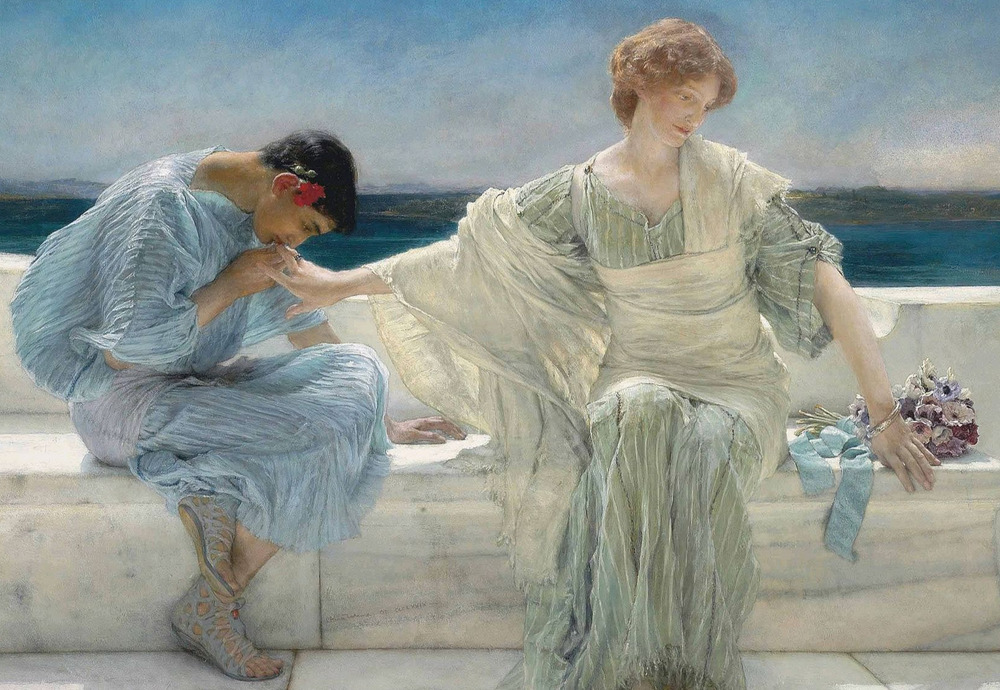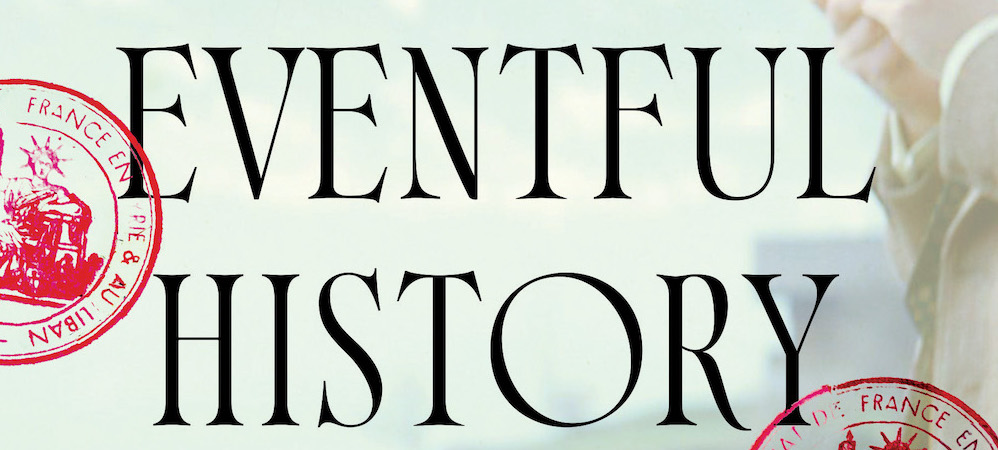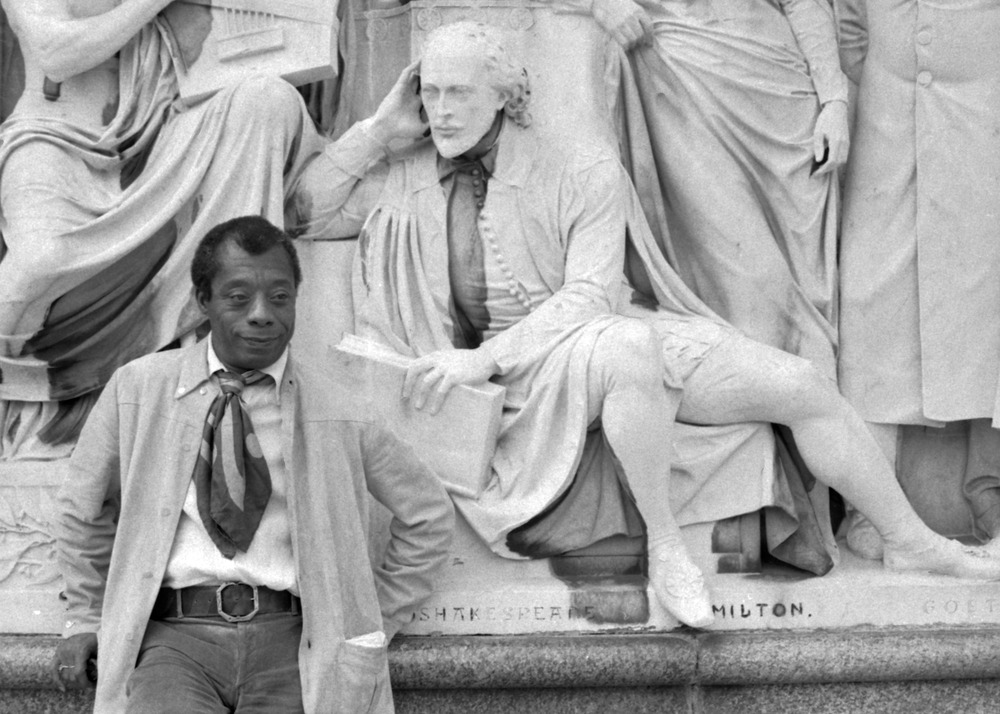Reading Lists
8 Queer Historical Fiction Books Set Around the World
Every corner of the past is queerer than we were taught

When you hear the phrase “queer history,” how far back does your mind go? For many, there’s a sense that LGBTQIA+ history is fairly recent, starting with Marsha P. Johnson or maybe Oscar Wilde. Beyond that, we start to get into murky territory: stories of “lifelong bachelors” and “happy spinsters” and “historically very good friends.”
But LGBTQIA+ people didn’t spring up out of nowhere in the last 100 years, even if that’s when many history books start the story.
When I started writing Let the Dead Bury the Dead, I was inspired by the popular uprisings that regularly swept through Russia before the Russian Revolution of 1917. It’s a topic that’s always fascinated me, and one I think is essential to understand our world today. At the same time, I knew I wanted the characters navigating this turbulent time to be unapologetically queer. Not to be anachronistic or edgy, but because LGBTQIA+ people have always been here, in every time and under every regime—even if discriminatory laws and biased sources and book bans try to write over us.
The eight books in this list aren’t just gripping historical page-turners, although they’re definitely that. They’re also reminders that every corner of history is queerer than we were taught.
China: He Who Drowned the World by Shelley Parker-Chan
The final book in the Radiant Emperor duology picks up where She Who Became the Sun left off, with the warrior monk Zhu Yuanzhang carving her way through 14th-century China to seize the throne. But to pull it off, she may need to join forces with an old enemy: the ruthless General Ouyang, bent on revenge for his father’s murder. Meanwhile, the clever and calculating Wang Baoxiang has his own plans to win the throne…
There are numerous queer characters in Parker-Chan’s reimagining of the Ming Dynasty, all brilliantly drawn and all an absolute mess. Zhu, Ouyang, and Baoxiang all strive to carve out a place for themselves in a world that others them and considers them less-than, and their striving makes the line between hero and villain increasingly blurry.
Norway: The Weaver and the Witch Queen by Genevieve Gornichec
This historical fantasy novel is spun straight out of the Icelandic sagas, which give us most of the information we know about Viking history. It’s an imaginative retelling of the story of Gunnhild Górmsdottir, a powerful 10th-century Viking queen rumored to have dark magic powers. (Of course, what powerful woman in history wasn’t rumored to have dark magic powers, really?)
The Weaver and the Witch Queen is an exciting adventure about magic, friendship, destiny, and loyalty. It’s also an absolutely dynamite exploration of what trans history might have looked like before modern, Western ideas about sex and gender really took hold.
Poland: When the Angels Left the Old Country by Sacha Lamb
When the Angels Left the Old Country opens in the fictitious “everytown” of Shtetl, where the angel Uriel and the small-fry demon Little Ash spend their time in the synagogue arguing the finer points of Talmud. But when one of the young people of Shtetl goes missing, Little Ash and Uriel make it their mission to rescue her. Along the way, they meet Rose Cohen, a fierce young woman who’s on her way to America to forget she’s in love with her best friend Dinah.
This is an immigration story that’s deeply Jewish, deeply queer, and absolutely original: think Good Omens meets Gilded Age labor unions. I physically can’t stop recommending it to people.
India: Kaikeyi by Vaishnavi Patel
A reimagining of a sequence from the Ramayana, Kaikeyi presents the traditionally reviled queen as an independent woman in roughly 500 BCE India who’s determined to be recognized for her talents. Along the way, she learns how to enter the Binding Plane, using threads of magic to exert her influence and gain power. But magic has its darker side, and before long Kaikeyi is faced with a decision that could destroy all she’s built.
I’m constantly on the hunt for books with asexual characters—the oft-ignored A in LGBTQIA+. Kaikeyi is an asexual heroine whose orientation is part of her identity, not a problem to be fixed. The prose is gorgeous, the plot is captivating, and the representation is a triumph.
Greece: The Song of Achilles by Madeline Miller
No list of queer historical fiction would be complete without this one, the BookTok-famous granddaddy of them all. This lush, romantic retelling of Homer’s The Iliad traces the story of the famous warrior Achilles and his lover Patroclus, from their first meeting through the tragedy of the Trojan War.
Miller’s prose is ludicrously gorgeous, and it’s agonizing and beautiful to watch Achilles and Patroclus fall in love even while the end of their story is all too well known. Highly recommended for fans of lyricism, mythology, and ugly-crying.
Russia: The Huntress by Kate Quinn
The Huntress follows the fearless WWII fighter pilot Nina Markova as she fights the Nazis as part of the Soviet Union’s all-female bomber regiment, the Night Witches. After the war, Nina joins forces with a British war correspondent to track down the Huntress, a notorious Nazi who may be hiding in the most unexpected of places.
All this is already catnip to a huge swathe of historical fiction readers: women pilots! Nazi hunting! A dual-timeline mystery! But what if I told you it’s also gay? Nina’s relationship with her fellow Night Witch Yelena gives the book some of its tenderest moments, and it’s a joy to see Nina’s foul-mouthed, chaotic personality shift in these romantic interludes.
Haiti: Mademoiselle Revolution by Zoë Sivak
Sivak’s debut novel tells the story of Sylvie de Rosiers, a biracial heiress caught between the privileged world of her rich planter father and the horror and suffering of her enslaved mother. When the Haitian Revolution sweeps through the island, Sylvie and her brother flee to Paris, where Sylvie finds herself pulled between two equally alluring romantic partners: the headstrong Cornélie Duplay, and Cornélie’s political-minded lover Maximilien Robespierre.
Mademoiselle Revolution is a whirlwind adventure through two of the world’s most famous revolutions, with a bisexual love triangle at the center that quickly turns bloody. It’s cinematic and fast-paced—the perfect queer histfic to devour in one sitting.
Germany: Empty Theatre by Jac Jemc
Empty Theatre is a tongue-in-cheek historical novel with two protagonists: the headstrong and self-destructive Empress Sisi of Austria, and her artistic, neurotic cousin King Ludwig II of Bavaria. Sisi’s been having a bit of a moment lately, with The Empress on Netflix and a few other high-profile biopics. But what made me fall in love with Empty Theatre is Ludwig, which is both of its time and also wildly relatable.
As he struggles to rule a declining country, Ludwig’s attempts to connect with others are thwarted by his social station, his mental illness, his sexuality, his own terrible decisions. By the last page, I found myself urgently wanting to give a 19th-century gay Bavarian monarch a hug. It’s perfect for readers who like their angst to also be lots of fun.









